Baking Soda Clean Hard Water: Are you tired of battling stubborn stains, dull hair, and appliances coated in a chalky residue? I know I was! Hard water, with its high mineral content, can be a real nuisance in our homes. But don’t despair, because I’m here to share a simple, effective, and budget-friendly solution that’s been around for ages: baking soda!
Using baking soda to combat hard water issues isn’t a newfangled trend. In fact, our grandmothers likely knew this trick! Baking soda, or sodium bicarbonate, has been a household staple for generations, valued for its cleaning, deodorizing, and even baking properties. Its ability to soften water is a testament to its versatility and enduring appeal. It’s a natural and gentle alternative to harsh chemical water softeners, making it a win-win for your home and the environment.
But why is this DIY trick so essential today? Well, hard water can wreak havoc on everything from your plumbing to your skin. It can reduce the effectiveness of soaps and detergents, leaving you with dingy clothes and a frustrating cleaning experience. Plus, the mineral buildup can shorten the lifespan of your appliances and even irritate sensitive skin. That’s why learning how to baking soda clean hard water is a game-changer. In this article, I’ll walk you through easy-to-follow methods and hacks to harness the power of baking soda and reclaim your home from the clutches of hard water. Get ready to say goodbye to those pesky stains and hello to sparkling clean results!
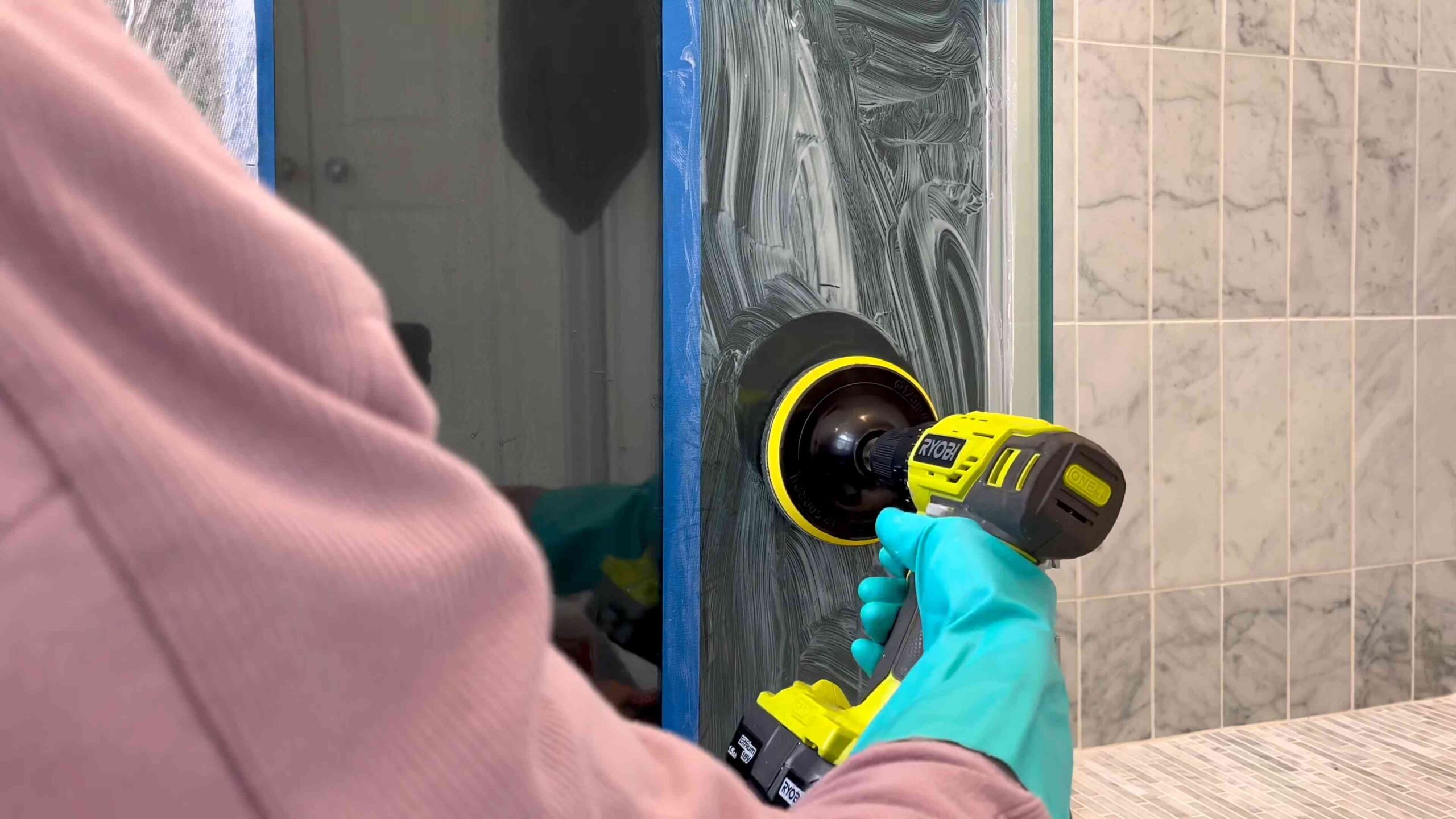
DIY Hard Water Stain Removal with Baking Soda: A Sparkling Solution!
Hey everyone! Hard water stains are the bane of my existence. They seem to pop up everywhere – on my shower doors, faucets, sinks, and even my dishes. But fear not! I’ve discovered a super simple and effective way to combat these pesky stains using something you probably already have in your pantry: baking soda! This method is not only budget-friendly but also avoids harsh chemicals, making it a win-win for your home and the environment. Let’s get started!
What You’ll Need:
* Baking Soda
* White Vinegar (optional, for tougher stains)
* Water
* Spray Bottle (optional, for vinegar solution)
* Microfiber Cloths or Sponges
* Old Toothbrush (for tight spots)
* Rubber Gloves (to protect your hands)
* Protective Eyewear (especially when working overhead)
Understanding Hard Water Stains
Before we dive in, let’s quickly understand what we’re dealing with. Hard water contains high levels of minerals like calcium and magnesium. When this water evaporates, it leaves behind these minerals, forming those chalky, white deposits we call hard water stains. These stains can be stubborn, but baking soda’s mild abrasive and alkaline properties make it a fantastic natural cleaner.
Method 1: Baking Soda Paste for General Cleaning
This is my go-to method for tackling most hard water stains. It’s gentle yet effective, and I find it works wonders on sinks, countertops, and even some shower surfaces.
Step-by-Step Instructions:
1. Prepare the Baking Soda Paste: In a small bowl, mix baking soda with a little water to form a thick paste. The consistency should be similar to toothpaste. I usually start with about ¼ cup of baking soda and add water a teaspoon at a time until I get the right consistency.
2. Apply the Paste: Using your fingers or a clean cloth, apply the baking soda paste generously to the hard water stains. Make sure to cover the entire affected area.
3. Let it Sit: This is crucial! Allow the paste to sit on the stains for at least 15-20 minutes. For really stubborn stains, I sometimes let it sit for up to an hour. The longer it sits, the more time the baking soda has to break down the mineral deposits.
4. Scrub Gently: After the waiting period, use a damp microfiber cloth or sponge to gently scrub the area. For tight spots, like around faucets or in corners, an old toothbrush works wonders. Avoid using abrasive scrubbers, as they can scratch surfaces.
5. Rinse Thoroughly: Once you’ve scrubbed away the stains, rinse the area thoroughly with clean water. Make sure to remove all traces of the baking soda paste.
6. Dry and Buff: Finally, dry the area with a clean, dry microfiber cloth. Buffing the surface will help restore its shine and prevent new stains from forming quickly.
Method 2: Baking Soda and Vinegar Power Duo for Tough Stains
For those extra stubborn hard water stains that just won’t budge, I bring out the big guns: a combination of baking soda and vinegar. This dynamic duo creates a fizzing action that helps to lift and dissolve even the most persistent mineral deposits.
Step-by-Step Instructions:
1. Pre-Treat with Vinegar (Optional): For extremely tough stains, I like to pre-treat the area with white vinegar. Fill a spray bottle with undiluted white vinegar and spray it directly onto the hard water stains. Let it sit for about 5-10 minutes. The vinegar’s acidity will help to loosen the mineral deposits.
2. Apply Baking Soda: After the vinegar (or if you’re skipping the vinegar pre-treatment), sprinkle a generous amount of baking soda directly onto the hard water stains.
3. Pour on the Vinegar (Carefully!): Slowly pour white vinegar over the baking soda. You’ll see a fizzing reaction – this is exactly what we want! The fizzing action helps to break down the mineral deposits.
4. Let it Fizz and Sit: Allow the mixture to fizz and sit for about 10-15 minutes. The fizzing will gradually subside.
5. Scrub Gently: After the waiting period, use a damp microfiber cloth or sponge to gently scrub the area. Again, an old toothbrush is great for tight spots.
6. Rinse Thoroughly: Rinse the area thoroughly with clean water to remove all traces of the baking soda and vinegar.
7. Dry and Buff: Dry the area with a clean, dry microfiber cloth. Buffing will help restore the shine.
Important Note: When using vinegar and baking soda together, be aware that the reaction produces carbon dioxide gas. Make sure to work in a well-ventilated area. Also, avoid using this method on delicate surfaces like marble, as the vinegar can etch the stone.
Method 3: Baking Soda Soak for Showerheads and Faucet Aerators
Hard water stains can also clog showerheads and faucet aerators, reducing water pressure. Here’s how I clean them using a baking soda soak.
Step-by-Step Instructions:
1. Remove the Showerhead or Aerator: Carefully remove the showerhead or faucet aerator from its fixture. You may need a wrench or pliers for this, but be gentle to avoid damaging the parts.
2. Prepare the Baking Soda Solution: In a bowl or container large enough to submerge the showerhead or aerator, mix a solution of warm water and baking soda. I usually use about 1 cup of baking soda per gallon of water.
3. Soak the Parts: Submerge the showerhead or aerator in the baking soda solution and let it soak for at least 30 minutes, or even overnight for heavily clogged items.
4. Scrub Away Remaining Debris: After soaking, use an old toothbrush or a small brush to scrub away any remaining hard water deposits or debris. Pay close attention to the small holes in the showerhead or aerator.
5. Rinse Thoroughly: Rinse the showerhead or aerator thoroughly with clean water to remove all traces of the baking soda solution.
6. Reassemble: Reattach the showerhead or faucet aerator to its fixture.
Tips and Tricks for Preventing Hard Water Stains
While baking soda is a great solution for removing hard water stains, prevention is always better than cure! Here are a few tips and tricks I use to minimize hard water buildup in my home:
* Wipe Down Surfaces Regularly: After each shower or use of the sink, wipe down surfaces with a clean, dry cloth. This will prevent water from evaporating and leaving behind mineral deposits.
* Install a Water Softener: If you have extremely hard water, consider installing a water softener. This will remove the minerals that cause hard water stains.
* Use a Squeegee in the Shower: After each shower, use a squeegee to remove water from the shower walls and doors. This is a quick and easy way to prevent hard water stains from forming.
* Apply a Water Repellent: Consider applying a water repellent product to shower doors and other surfaces that are prone to hard water stains. These products create a barrier that prevents water from adhering to the surface.
* Vinegar Rinse for Dishes: When washing dishes by hand, add a cup of white vinegar to the final rinse water. This will help to prevent hard water spots from forming on your dishes.
* Clean Showerhead Regularly: Clean your showerhead regularly (at least once a month) using the baking soda soak method described above. This will prevent mineral buildup and maintain good water pressure.
Safety Precautions
While baking soda is a relatively safe cleaning agent, it’s always a good idea to take a few safety precautions:
* Wear Rubber Gloves: Protect your hands from irritation by wearing rubber gloves when working with baking soda and vinegar.
* Protect Your Eyes: Wear protective eyewear, especially when working overhead, to prevent baking soda or vinegar from getting into your eyes.
* Work in a Well-Ventilated Area: When using vinegar and baking soda together, work in a well-ventilated area to avoid inhaling the carbon dioxide gas.
* Test on an Inconspicuous Area: Before applying baking soda or vinegar to a large area, test it on an inconspicuous area first to make sure it doesn’t damage the surface.
* Keep Out of Reach of Children and Pets: Store baking soda and vinegar out of reach of children and pets.
Conclusion
And there you have it! My tried-and-true methods for removing hard water stains with baking soda. I hope these tips and tricks help you keep your home sparkling clean and free from those pesky mineral deposits. Remember, consistency is key! Regular cleaning and preventative measures will go a long way in keeping hard water stains at bay. Happy cleaning!
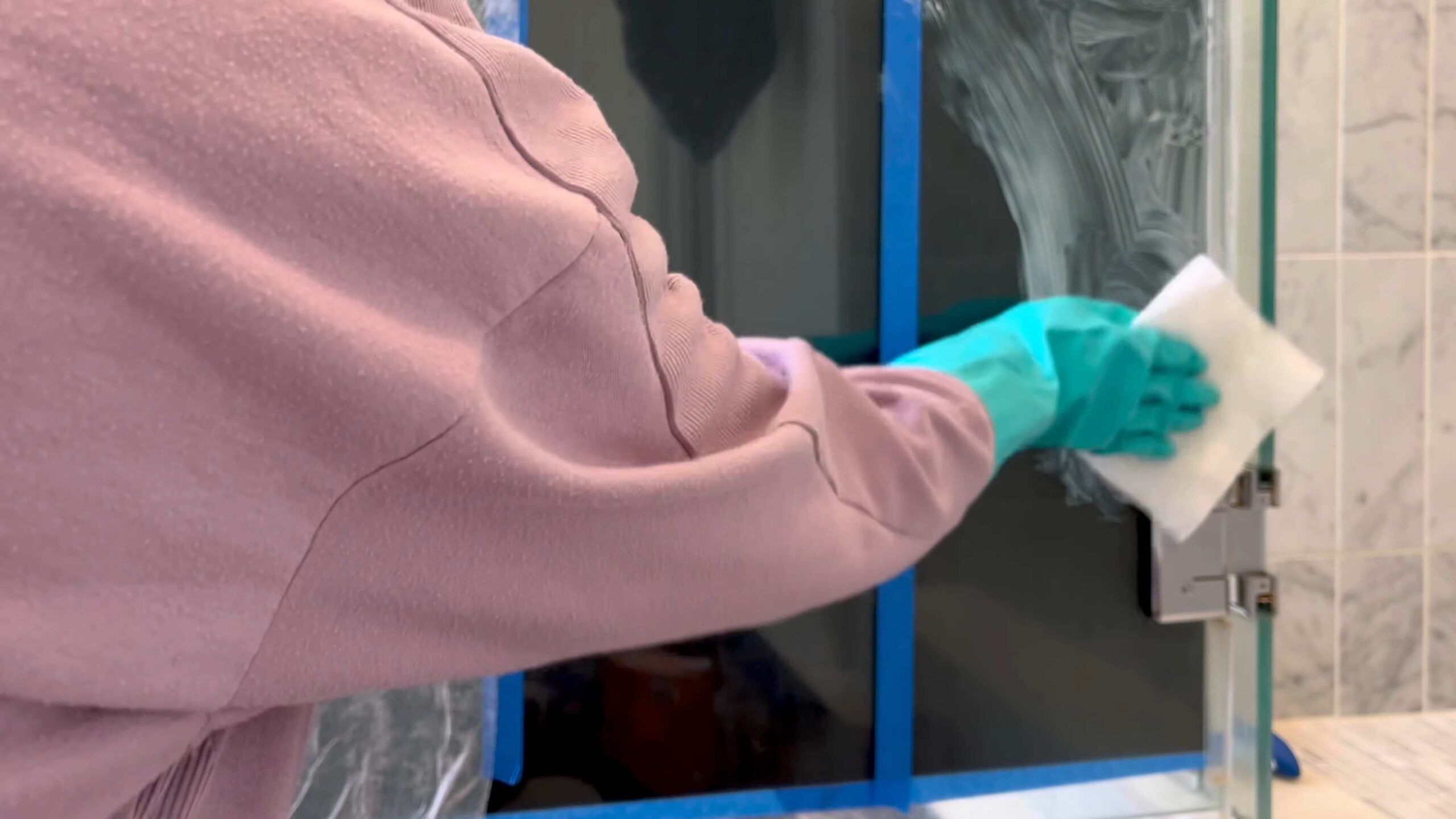
Conclusion
So, there you have it! Mastering the art of cleaning hard water stains with baking soda is not just a cleaning hack; it’s a game-changer for your home. We’ve explored the science behind why baking soda works so effectively, and walked through simple, step-by-step instructions to banish those unsightly mineral deposits from your faucets, showerheads, tiles, and even your glassware.
Why is this DIY trick a must-try? Because it’s effective, affordable, and environmentally friendly. Forget about harsh chemical cleaners that can irritate your skin and pollute your home. Baking soda offers a natural, gentle alternative that gets the job done without the nasty side effects. Plus, you probably already have a box sitting in your pantry! Think of the money you’ll save by ditching those expensive specialty cleaners.
But the benefits extend beyond just cost savings and environmental responsibility. Using baking soda to clean hard water stains is also incredibly versatile. While we’ve focused on common problem areas, don’t be afraid to experiment. Have a stubborn stain on your stainless steel sink? Give baking soda a try. Notice mineral buildup on your coffee maker? Baking soda can help with that too!
Variations and Suggestions:
* For extra stubborn stains: Create a paste of baking soda and white vinegar. The fizzing action helps to loosen the mineral deposits. Be cautious when using vinegar on certain surfaces like marble, as it can etch the stone.
* For delicate surfaces: Mix baking soda with a mild dish soap and water for a gentler cleaning solution. Always test in an inconspicuous area first.
* Preventative measures: After cleaning, consider applying a water repellent sealant to your shower doors and tiles to help prevent future hard water buildup. Wiping down surfaces after each use can also significantly reduce the frequency of deep cleaning.
* Lemon Juice Boost: Add a squeeze of lemon juice to your baking soda paste for an extra cleaning punch and a fresh, citrusy scent. The citric acid in lemon juice acts as a natural disinfectant and helps to break down mineral deposits.
* Essential Oil Infusion: For a more pleasant cleaning experience, add a few drops of your favorite essential oil to your baking soda paste. Lavender, tea tree, and eucalyptus oils not only smell great but also have antibacterial properties.
We’re confident that once you experience the cleaning power of baking soda, you’ll be hooked. It’s a simple, effective, and sustainable solution for tackling hard water stains throughout your home.
So, what are you waiting for? Grab that box of baking soda and get cleaning! We encourage you to try this DIY trick and share your experience with us. Let us know in the comments below how it worked for you, any variations you tried, and any other tips you have for combating hard water stains. Your insights could help other readers discover the magic of baking soda! Don’t forget to share this article with your friends and family who are also battling the bane of hard water. Together, we can conquer those stubborn stains and enjoy sparkling clean homes, naturally.
Frequently Asked Questions (FAQ)
What exactly is hard water, and why does it cause stains?
Hard water is water that has a high mineral content, primarily calcium and magnesium. These minerals are picked up as water travels through soil and rock. When hard water evaporates, it leaves behind these minerals, which appear as white or chalky deposits on surfaces. These deposits are what we commonly refer to as hard water stains.
Is baking soda safe to use on all surfaces?
While baking soda is generally a gentle abrasive, it’s always a good idea to test it in an inconspicuous area first, especially on delicate surfaces like marble, granite, or certain types of plastic. Avoid using baking soda on surfaces that are easily scratched. For these surfaces, consider diluting the baking soda with more water or using a milder cleaning solution.
How often should I clean hard water stains with baking soda?
The frequency of cleaning depends on the severity of your hard water and how often the affected surfaces are exposed to water. In areas with very hard water, you may need to clean weekly or bi-weekly. For less severe cases, monthly cleaning may suffice. Regular wiping down of surfaces after use can also help to minimize the buildup of hard water stains and reduce the need for frequent deep cleaning.
Can I use baking soda to clean hard water stains in my toilet bowl?
Yes, baking soda is an effective and safe way to clean hard water stains in your toilet bowl. Sprinkle about a cup of baking soda into the bowl and let it sit for at least an hour, or even overnight for stubborn stains. Then, scrub with a toilet brush and flush. For extra cleaning power, you can add a cup of white vinegar to the baking soda. Be prepared for some fizzing!
What if the baking soda paste doesn’t remove all the hard water stains?
If the baking soda paste isn’t completely removing the hard water stains, try these tips:
* Increase the concentration of baking soda: Use less water to create a thicker paste.
* Extend the dwell time: Allow the paste to sit on the stain for a longer period, up to several hours or even overnight.
* Use a scrub brush: A scrub brush with stiff bristles can help to loosen stubborn mineral deposits.
* Combine with vinegar: As mentioned earlier, a paste of baking soda and vinegar can be very effective for tough stains.
* Repeat the process: Sometimes, it takes multiple applications to completely remove stubborn hard water stains.
Does baking soda help prevent hard water stains from forming in the first place?
While baking soda is excellent for removing existing hard water stains, it doesn’t prevent them from forming. To prevent hard water stains, consider these strategies:
* Install a water softener: A water softener removes the minerals that cause hard water stains.
* Wipe down surfaces after use: Regularly wiping down showers, sinks, and faucets after each use can prevent mineral buildup.
* Use a water repellent sealant: Applying a water repellent sealant to shower doors and tiles can help to prevent water from clinging to the surface and leaving behind mineral deposits.
* Use a squeegee: A squeegee can be used to remove water from shower doors and walls after each shower.
Can I use baking soda to clean hard water stains on my car?
Yes, you can use baking soda to clean hard water stains on your car, but proceed with caution. Baking soda is a mild abrasive, so it’s important to use it gently to avoid scratching the paint. Create a diluted solution of baking soda and water, and test it in an inconspicuous area first. Use a soft cloth or sponge to apply the solution, and rinse thoroughly with clean water. Avoid using a scrub brush, as it can scratch the paint.
Is there a difference between baking soda and baking powder when cleaning hard water stains?
Yes, there is a significant difference between baking soda and baking powder. Baking soda (sodium bicarbonate) is a single ingredient that requires an acid to activate its leavening properties. Baking powder, on the other hand, contains baking soda plus an acid. For cleaning hard water stains, you should use baking soda, not baking powder. Baking powder will not be as effective.
Can I use baking soda to clean hard water stains on colored grout?
Yes, you can use baking soda to clean hard water stains on colored grout, but it’s important to test it in an inconspicuous area first to ensure that it doesn’t fade or discolor the grout. Create a paste of baking soda and water, apply it to the grout, and let it sit for a few minutes. Then, scrub gently with a soft brush and rinse thoroughly with clean water. If you notice any discoloration, discontinue use.
Where can I buy baking soda?
Baking soda is readily available at most grocery stores, pharmacies, and discount retailers. It’s typically located in the baking aisle. You can also purchase baking soda online from various retailers.


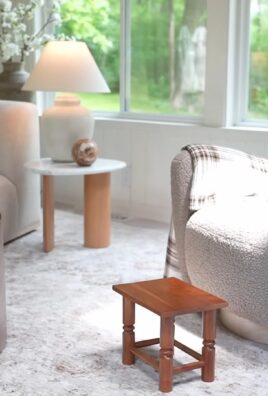
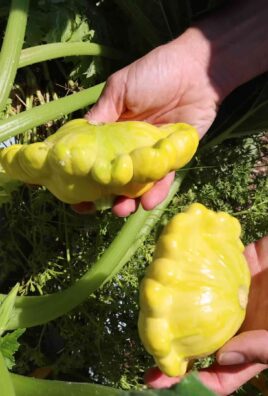
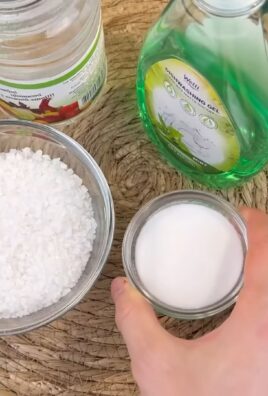
Leave a Comment